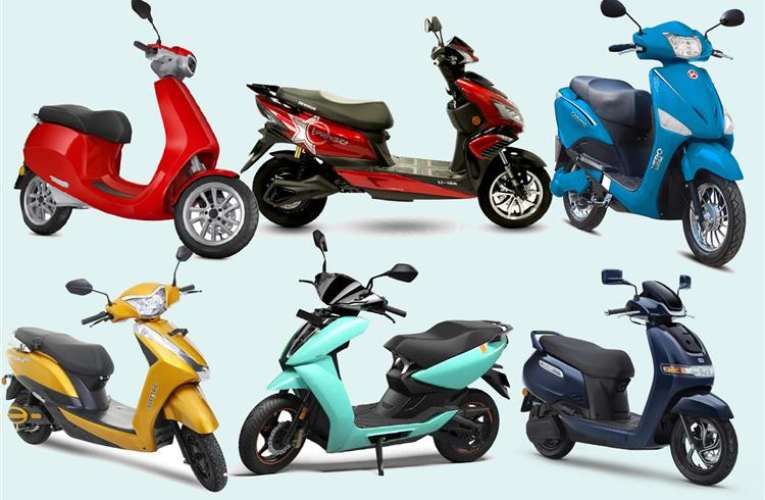
According to the scheme, no subsidy can be claimed for any electric two-wheelers, which have an ex-factory price above Rs 1.50 lakh
The Faster Adoption and Manufacturing of Electric Vehicles (FAME), which was unleashed by the government as a subsidy scheme in an effort to boost the growth of electric cars in the nation is now caught up with various controversies and heated discussions. A couple of electric two-wheeler manufacturers were even accused of violating the norms of domestic value addition and under-pricing the vehicles so that they could grab the subsidies. Therefore, the government decided to hold up their subsidies.
Two major e-scooter makers Okinawa and Hero Electric are under the government scanner and after a detailed investigation, it was revealed that both the firms violated the rules of the FAME scheme and hence, the government is looking forward to taking back their subsidies, as per an exclusive report by ET. Under the second phase of FAME 11 that ends this fiscal year, companies can provide a discount of upto 40 percent on the price of domestically produced vehicles and then take it back as a subsidy from the government, according to ET reports.
In April 2019, the FAME 11 scheme commenced and as per this scheme, the range of subsidies could be from Rs 15,000- Rs 60,000 for two-wheelers. According to the scheme, around 50 percent of value addition must be done domestically by all the EV manufacturers and then only the company can claim for the subsidy. Under this scheme, around Rs, 10,000 crore incentive package has been provided by the government from 2019.
A year back, EV makers that availed subsidy came under criticisms by the government and various investigations were conducted. It was found out that most of the companies were offering misleading information. The companies sourced components from other countries and then routed them through domestic firms who had a very minute contribution in India. According to the government sources, they received complaints that the companies were eve charging separately for parts like chargers and software.
Vida, TVS Motors, Ola, and Ather again came under the government scanner and were accused to mispricing their vehicles so that they can grab the subsidies. After a whistle-blower complaint, the government carried out a detailed investigation and stated that around Rs 300 crores of subsidy was inaccurately claimed by the four companies mentioned above. According to the scheme, no subsidy can be claimed for any electric two-wheelers, which have an ex-factory price above Rs 1.50 lakh. Covid-19 is one of the important reasons that prevented Indian industries from localizing production at a rapid pace.
The Society of Manufacturers of Electric Vehicles (SMEV) told media that manufacturers are yet to receive an added Rs 400 crore subsidy from the government and this hold-back has forced various companies to slump their production and close their shops. As per a report of ET, National Automotive Board portal claims that around 26 electric two-wheeler manufacturers are liable for the subsidies. Sohinder Gill, who is the director-general at SMEV and CEO of Hero Electric told ET that 11 firms are under one investigation and as their subsidies stopped their sales deteriorated monthly rather than 20 percent growth, which was speculated month-on-month.
According to a media report last month, the current FAME scheme is likely to be stopped by the government after this FY, but incentives could be provided to the EV manufacturers via the current production linked incentive (PLI).

